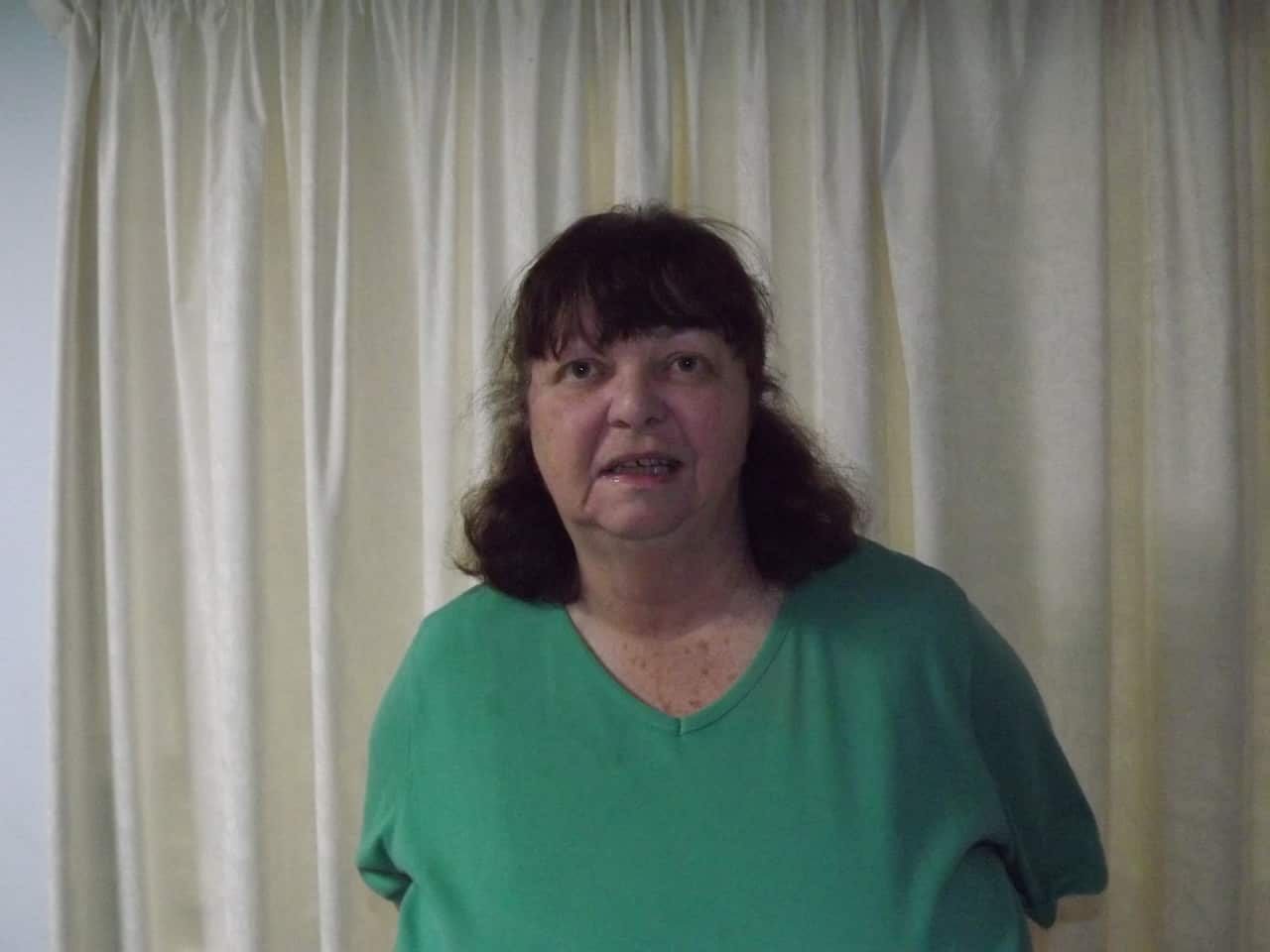A couple of weeks earlier, she had watched an episode of SBS Insight which explored the issue of stroke – its symptoms and treatment.
The 72-year-old knew from the show that when it comes to stroke, time is of the essence, so rather than calling her husband, John – on holiday in Noosa at the time – she dialled 000.
"My greatest fear at that point was whether I would live or die," she says.
By the time paramedics and police arrived at her home, Jackie had collapsed and the door of her home had to be smashed in.
She was later told that her snap decision to call an ambulance straight away was probably what saved her life.

A race against time
Jackie had suffered a severe ischaemic stroke, caused by a blood clot, and doctors initially thought she might not survive.
Today she is still recovering, but knows that things could have been much worse.
"My mental condition is pretty good," she says.
"My physical condition is fine except for a dropped lip and slurred speech."
Her brother Martin Field, 68, recalls receiving the terrifying phone call from his niece Kym at his Noosa home.
Jackie's daughter was frantically driving to Box Hill Hospital, fearing the worst.
She told Martin that medical staff had contacted her brother Mark seeking permission to administer TPA, a clot-busting drug commonly used in cases of stroke.
There is a four-and-a-half hour window within which the drug can be administered so the clock was ticking.
Mark, also on his way to Box Hill, had granted permission immediately.
It was up to Martin to break the news to Jackie's husband John, who was holidaying with him at the time.
"John was standing in the kitchen. I told him, 'Jackie's had a severe stroke, she may not survive.' What can you say? I told him straight out."
Dissolving the clot
Martin is quick to praise the doctors' decision to administer TPA, which worked to dissolve the clot in Jackie's brain.
But the treatment is not without its risks: if a patient reacts badly to TPA, the drug can cause bleeding around the brain and even death.
There is a sector of the medical community that opposes the use of TPA but World Stroke Organization President Stephen Davis describes these doctors as an "obstructive" minority.
The drug, licensed in the United States in 1996 and in Australia in 2003, is used to treat iscahemic strokes, which make up the majority of stroke cases.
The remaining 15 per cent of strokes occur due to burst arteries, for which patients cannot be treated with TPA.
Although the drug divides medical opinion, for Jackie’s family, who were astounded when she managed to speak to her husband that same evening, it made all the difference.
"We were totally amazed that John was talking to her," Martin says.
A national threat
Roughly 50,000 Australians suffer strokes each year, and 16 million people around the world.
But despite these staggering figures, Stephen Davis says public awareness is not where it should be.
"There is still fairly poor public education about what a stroke is and that remains a real challenge," he says.
"Stroke is a brain attack, not a heart attack. People rarely have pain or lose consciousness."
Symptoms include a loss of balance, disturbed speech, or a sudden numbness.
A stroke is a blood clot or bleed in the brain which has the effect of depriving brain cells of oxegyn.
While some brain cells may recover if the blood supply can be returned in the minutes and hours after the stroke, if not, they will die.
Most importantly, strokes can happen to anyone.
Mr Davis says it is critical that loved ones and carers are clued up on stroke symptoms, so they can get a person suffering stroke to the hospital as soon as possible.
"Save a minute, save a day," he says. "The probability of good recovery depends on time. If you are treated within 90 minutes your outcomes will be much better."
Jackie Rowlands agrees that most people don’t know enough about this common killer.
"I do not think there is enough awareness as most people think it won't happen to them," she says.
But for now, she's just focused on getting back to where she was and getting the message out.
If you think someone is having a stroke, please call 000 immediately. For more information, visit The Stroke Foundation.
Share

